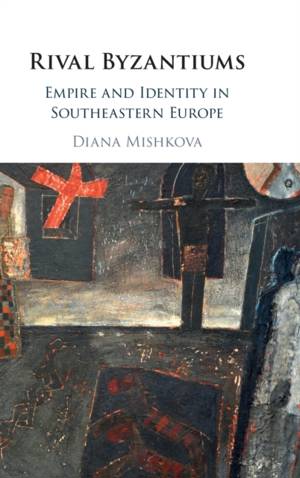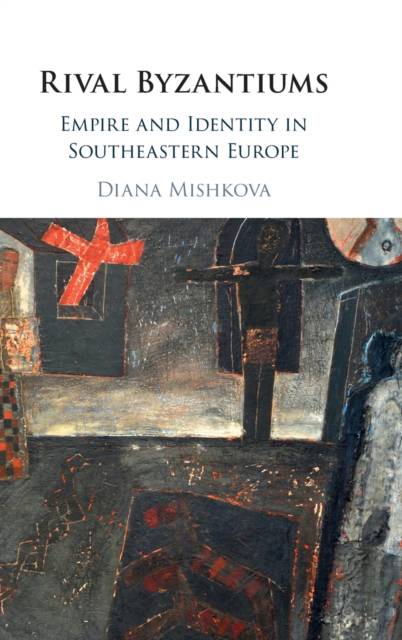
- Afhalen na 1 uur in een winkel met voorraad
- Gratis thuislevering in België vanaf € 30
- Ruim aanbod met 7 miljoen producten
- Afhalen na 1 uur in een winkel met voorraad
- Gratis thuislevering in België vanaf € 30
- Ruim aanbod met 7 miljoen producten
Zoeken
€ 172,95
+ 345 punten
Omschrijving
This is a comprehensive comparative view of the way the phenomenon of Byzantium has been treated by the historiographies of the polities that have emerged from its remains - Bulgaria, Greece, Romania, Serbia and Turkey - from the Enlightenment to the present day. Synthesising a sprawling mass of material largely unknown to academic audiences, it highlights the important place Byzantium's representations occupy in the identity building and historical consciousness in that part of Europe. The diverse interpretations of the Byzantine phenomenon across and within these historiographic traditions are scrutinised against the backdrop of shifting geopolitical and cultural contexts, in constant dialogue and competition with each other and in communication with extra-regional, western and Russian, academic currents. The book will be of value to medieval historians, Byzantinists and historians of historiography as well as students of and specialists in modern politics, cultural and intellectual history.
Specificaties
Betrokkenen
- Auteur(s):
- Uitgeverij:
Inhoud
- Aantal bladzijden:
- 300
- Taal:
- Engels
Eigenschappen
- Productcode (EAN):
- 9781108499903
- Verschijningsdatum:
- 15/12/2022
- Uitvoering:
- Hardcover
- Formaat:
- Genaaid
- Afmetingen:
- 152 mm x 229 mm
- Gewicht:
- 657 g

Alleen bij Standaard Boekhandel
+ 345 punten op je klantenkaart van Standaard Boekhandel
Beoordelingen
We publiceren alleen reviews die voldoen aan de voorwaarden voor reviews. Bekijk onze voorwaarden voor reviews.











